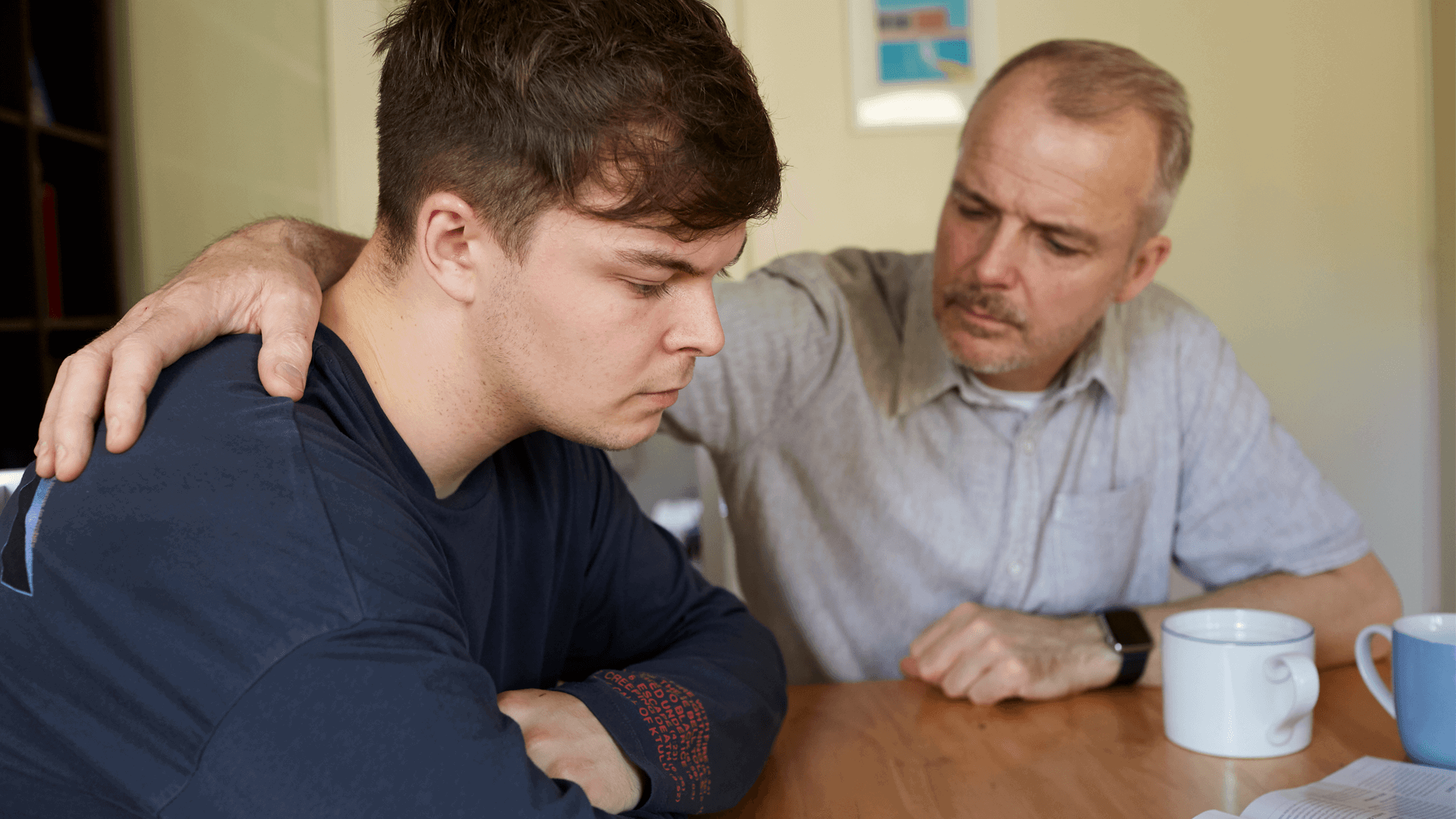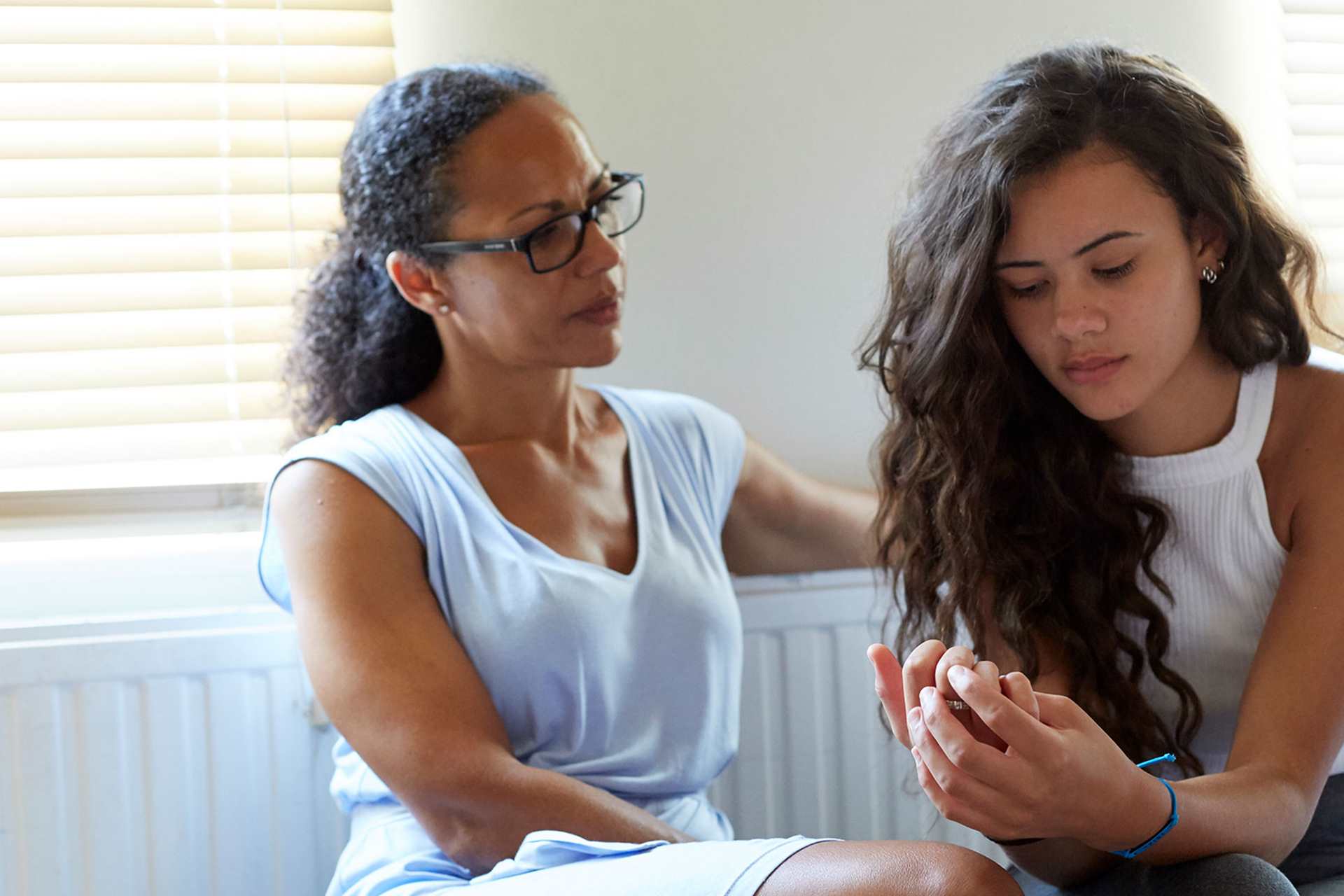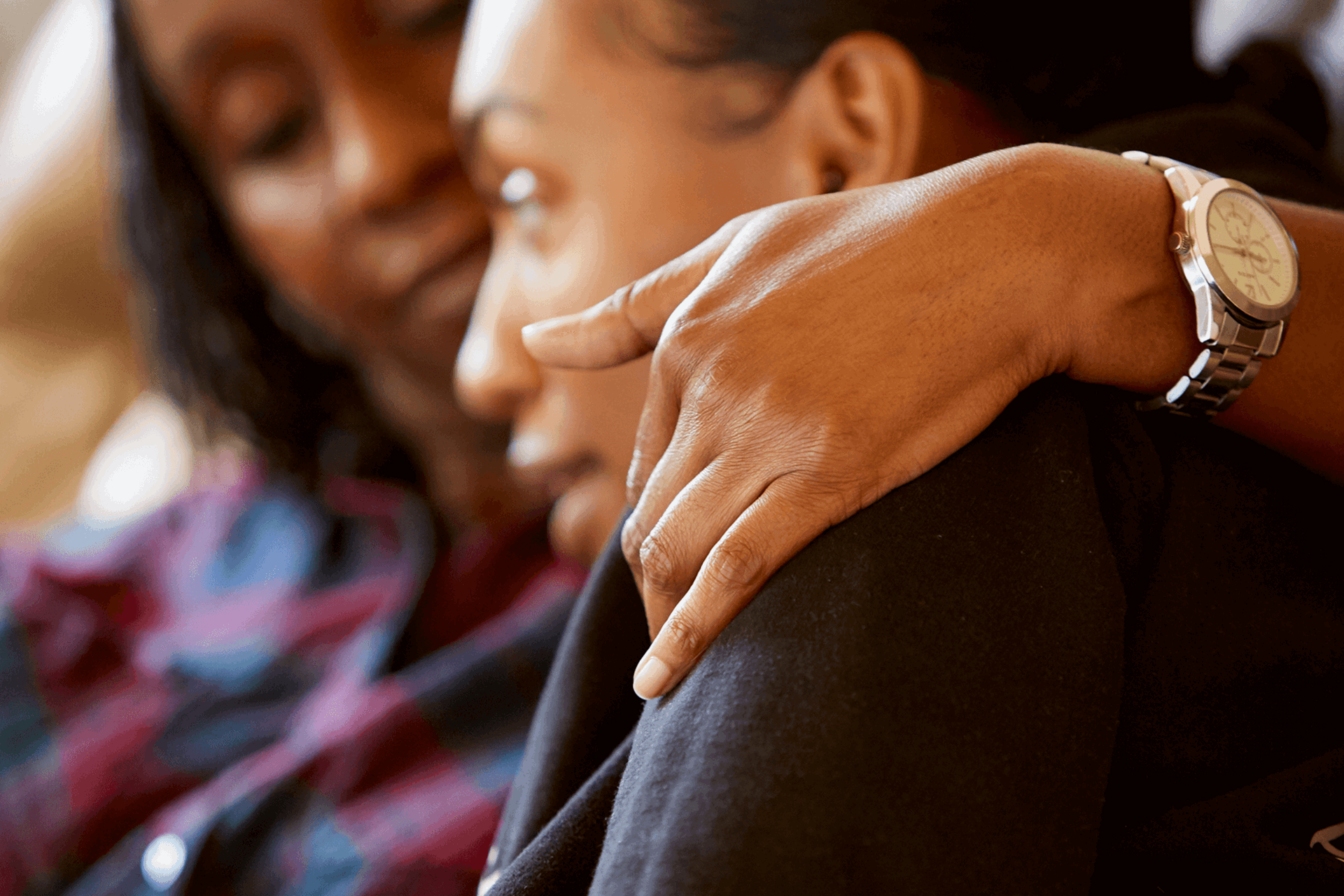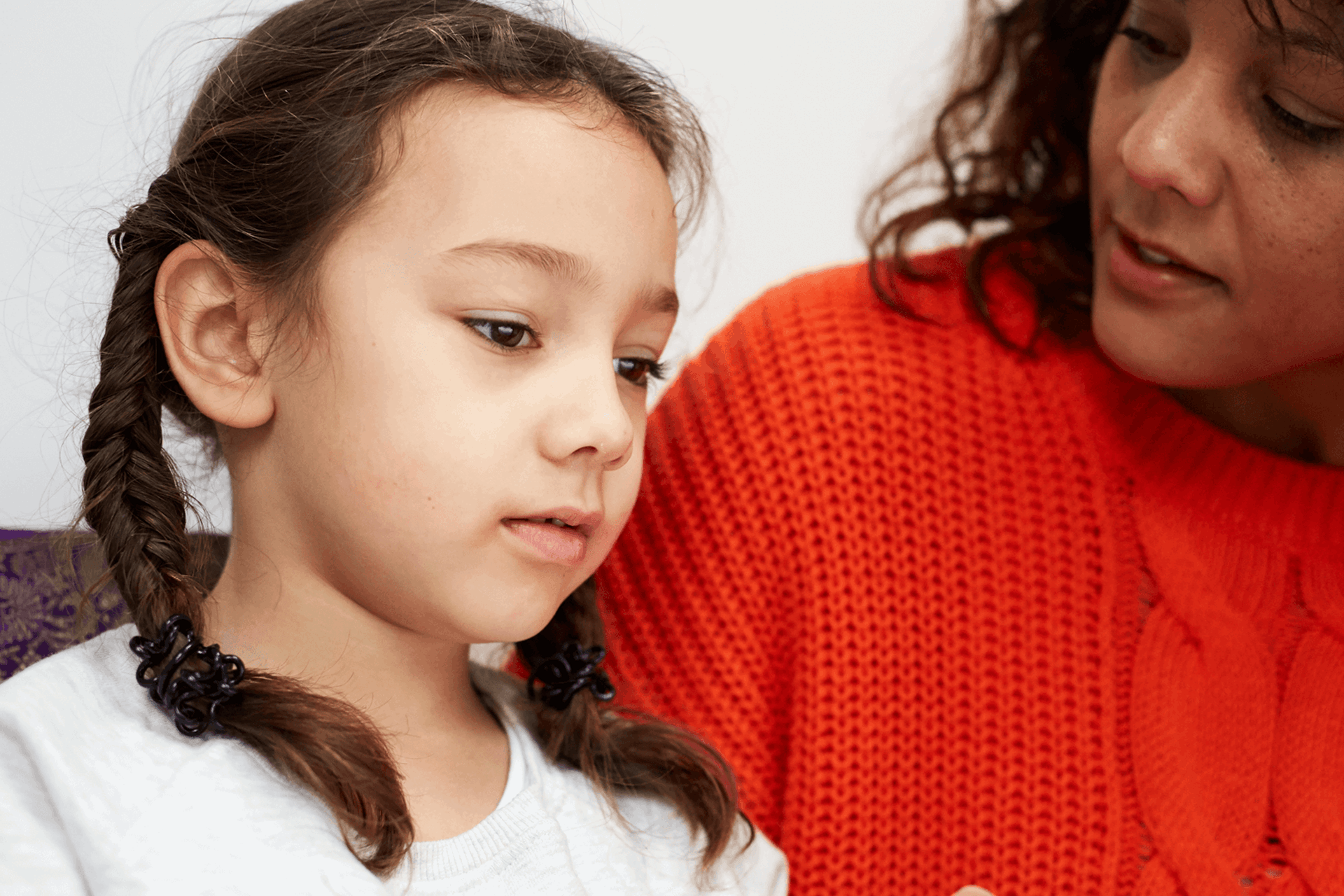Myths you might hear about OCD
There are still lots of myths about OCD, and saying someone is ‘being OCD’ is still a common joke about being neat or tidy. Some myths you might hear include:
- ‘everyone’s a little bit OCD’
- it’s just about wanting to be organised
- it’s just about wanting to be clean, or always washing your hands
- it’s because you’re fussy
- you can just 'snap out of it’
- it’s a personality trait that ‘neat’ people have
It’s important to understand that these things are not true. OCD is a mental health condition, and it causes intense anxiety and distress. These myths can create misunderstanding and stigma, making it harder for people to be open and get help.







